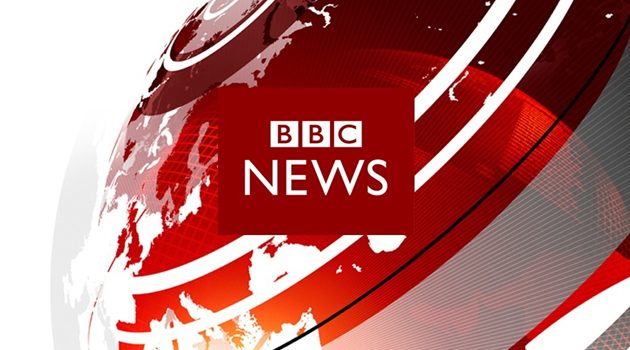

In Britain, a parliamentary committee has urged the BBC, ITV and other broadcasters in the U.K. to address the lack of women in TV, radio, news and current affairs in order to better reflect their audiences.
In the United Kingdom, television and other media are paid for by a tax to the public. This reason amongst others makes it all the more important that the demographics of people paying for the BBC and other U.K. networks be reflected in who is broadcast on them. The parliamentary committee was notified of the fact that the number of men interviewed as experts on TV and radio outnumbered women four to one.
“Although on the surface it appears that women are well represented, the facts tell a different story,” said committee chairman Lord Bell, according to the BBC. “The situation is simply not good enough.”
The Committee also pointed to “additional barriers” such as work hours and freelance contracts that make things harder for women with family responsibilities. While the BBC does have a good number of women in leading roles in critical news services, many other networks do not. BBC certainly leads the way in this struggle, as it should being one of the most respected media sources in the world.
In a statement, the BBC said that it has “taken a leading role in increasing the number of women.” It added: “Nearly half of the BBC’s news and current affairs workforce is female with more than a third in leadership positions. While the issues and evidence in the report are based on historical cases, we are always looking at what more we can do and are committed to making further progress.”
